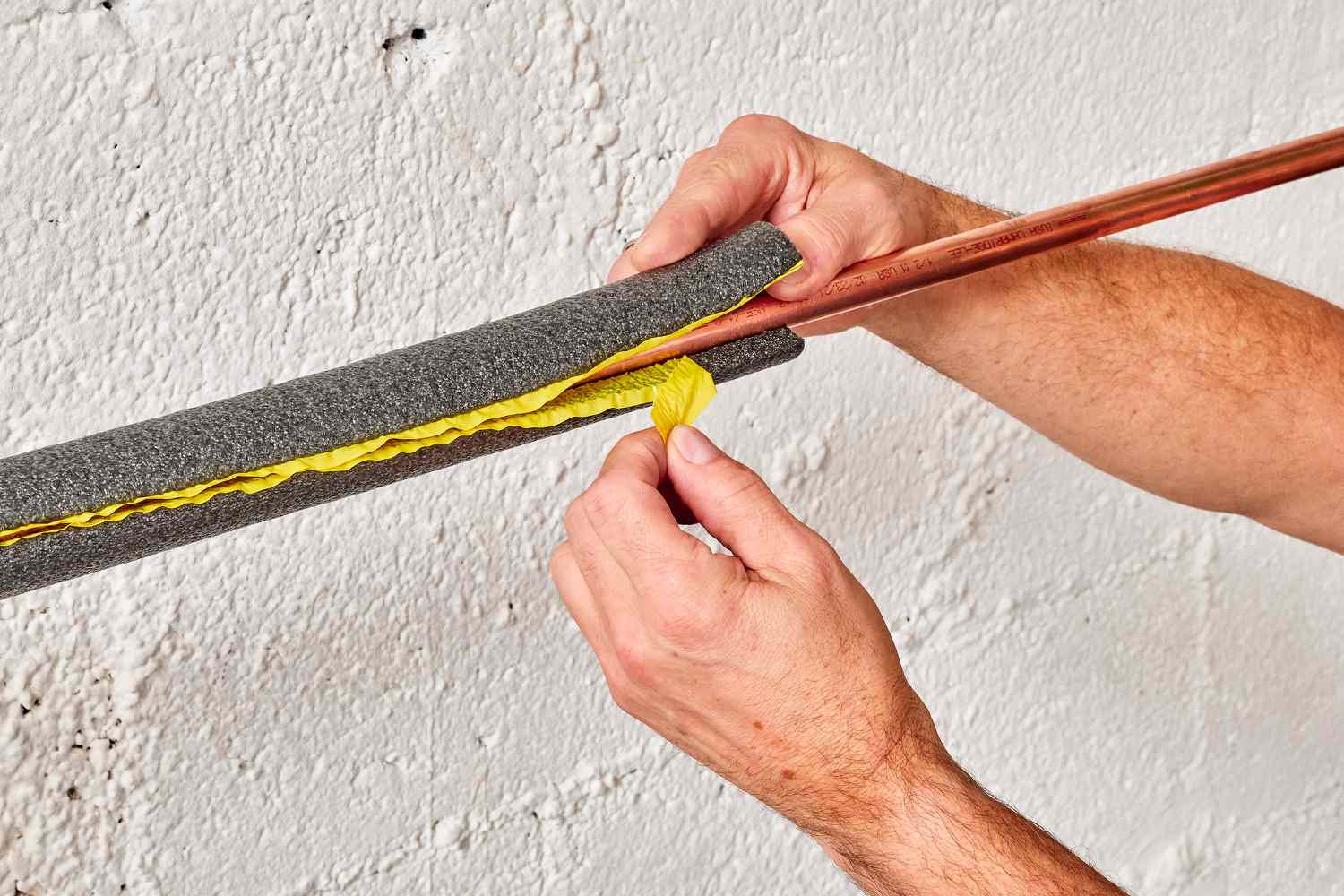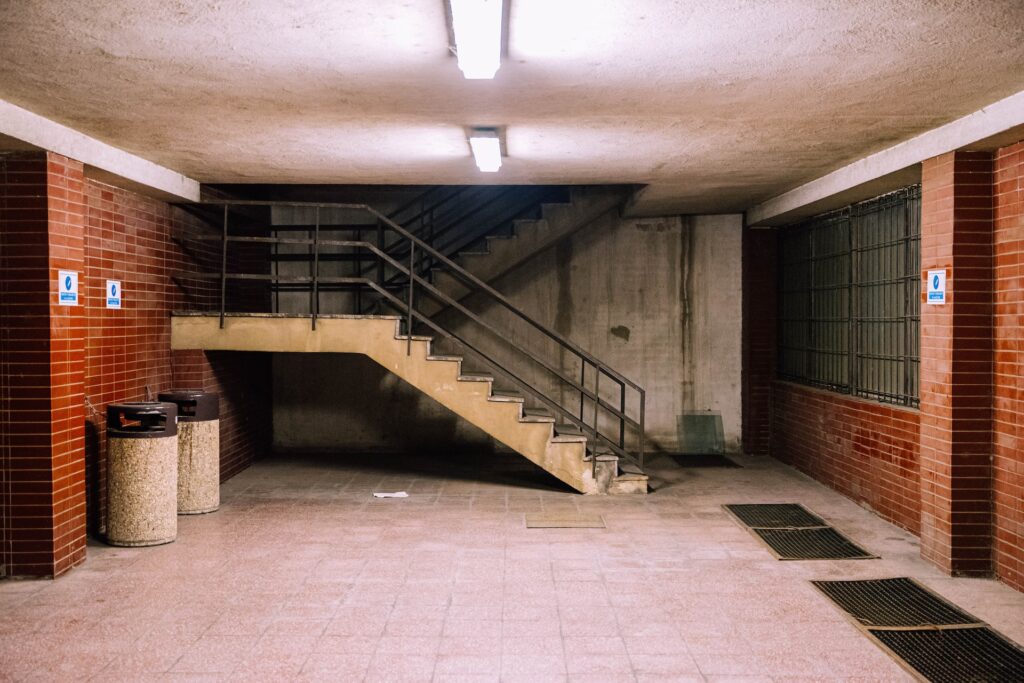Wet basements are a common problem in the United States, with an estimated 60% of homes experiencing it and 38% running the risk of basement mold. For basements, including finished living spaces, any form of moisture can damage framing, drywall, and carpeting. A damp basement may cause allergies and asthma, mold growth, high heating, and cooling bills, and damage to personal items and furniture. Leaky basement windows or broken plumbing can cause structural damage, including cracks on walls and foundation
Keeping your basement dry prevents structural damage and allows you to expand your living space by converting the area into an office, gym, or an extra bedroom. It also lowers energy bills and eliminates the risk of mold spores, whose strong, musty odor makes basements uncomfortable. A dry basement is safe for people with respiratory allergies or asthma. Hence, it’s crucial to hire one of the basement waterproofing experts to prevent these problems. This article discusses seven ways to keep your basement dry.
Resolve drain issues
Drainage systems are a critical part of basement waterproofing systems. The drains usually safeguard your basement against humidity and water. A broken or poorly installed drainage system can cause damage in the long term. To resolve any underlying drain issues, you must first recognize the signs of a faulty drainage system, including water in the basement, musty odors, high humidity levels, foundation cracks, and efflorescence. You should also look out for slow drainage problems and recurring clogged drains.
If you notice that water is taking longer than usual to drain, it could be a sign of a developing problem. Install strainers over your sink and shower drains to catch debris like hair, soap residue, and food particles. Regularly clean these strainers to prevent blockages from forming. Avoid flushing anything down the toilet in the bathroom. In the kitchen, avoid putting grease, oil, coffee grounds, or food scraps down the sink.
If you notice a clog forming, address it immediately using a plunger or a drain snake. Avoid using harsh, chemically formulated drain cleaners as they can damage pipes and are ineffective for certain clogs. Instead, use eco-friendly enzyme-based drain cleaners to break down organic materials, reducing the likelihood of clogs.
With a professional drain cleaning service, you can ensure that your basement floor drain safely and efficiently directs water away from your property, keeping the basement floor dry and preventing flooding. It also keeps blockages from worsening, prevents sewer odors, and avoids more severe water damage. A clog-free drain reduces the risk of costly home damage and plumbing repair.
Insulate your water pipes
Pipes carrying water through the basement can be exposed to humidity and cold/ warm temperatures. They may also be prone to condensation and freezing. If you reside in a place with cold winters, consider insulating basement cold water pipes to ensure they don’t freeze.
While the water moving through these pipes is cold, the weather outside might be colder. Where the cold water pipes are situated along the basement’s exterior walls, there’s a risk of frigid temperature exposure. This results in pipes freezing and bursting, causing significant water damage, which may lead to mold growth.
Insulating the cold water pipes close to the exterior walls is an excellent way to keep pipe temperature from declining to a point where it makes them freeze. Basements are often damp, and water may condense on cold water pipes, leading to mold and mildew. Insulating the pipes can help ensure condensation-related issues.

Focus on the gutters
Gutters are an essential home protection element. Without great rain gutters, water drains off the roof and lands on the ground, creating pools. If the water pools close to your house foundation, it may leak through the cracks, causing water to pool in the basement, especially if your landscaping doesn’t slope away from your property. Gutters tend to gather a lot of debris and dirt throughout the year. During spring, small animals can nest in your gutters, and in fall, falling twigs, pine needles, and leaves may gather in the gutters.
Keep your gutters clean and unclogged to ascertain that rainwater is always directed far away from your house’s foundation. If your gutters are aging and leaky, they could be the reason for your wet basement, so replace them to address this issue. The issue could be sloping if your gutters are clean and in proper condition. When gutters droop, they can overflow and cause water to collect in the basement. However, ensuring they’re correctly sloped can help keep your basement dry.
Install a sump pump
Sump pumps are an excellent way to waterproof your basement, particularly in homes at a flooding risk. Installing a sump pump into a sump pit creates a low point where the flooded water naturally flows into. Once the water in the pit reaches a specific level, the pump activates, pumping water out to an area away from your basement. You should leave your sump pump system running constantly to ensure it activates whenever necessary to prevent flooding.
A sump pump system is an appropriate wet basement solution for houses on flood plains and wherever soil holds more water. It’s also ideal if your basement has a leaky foundation. You can also install a sump pump to safeguard against unexpected flooding or broken pipes.
Consider foundation sealing
Foundation sealing or foundation waterproofing involves equipping your crawl space or basement with solutions like a drain tile system, vapor barrier, and more to collect or keep water from entering the crawl space/ basement. Your home requires foundation sealing if there are signs of:
- Leaking water
- Hardwood floors warping
- Wood rot or water damage
- Musty smells or mold growth
- A rise in humidity
A professional foundation sealing expert can use epoxy to seal cracks or a vapor barrier for wall sealing. They can install an exterior/ interior drain tile or sump pump. Proper grading, gutter extension, and French drain installations can seal the foundation from outside the basement.
Waterproof the basement windows
Leaks can occur in the basement through windows. So, inspect them to ascertain they’re leaking. Look for signs like water and puddles seeping down the wall under the window. Upon establishing that the basement windows are leaking, leverage caulking to seal the cracks around the windows quickly and effectively. If there are no wells on the basement windows, install them to assist with water collection.
You can also install heavy-duty well covers to keep snow and rain from entering the wells, guaranteeing proper function. Check your grading to ensure it’s not sloping towards your window wells to keep heavy rainfall water from going towards them. If the basement windows are old or damaged due to excess moisture, consider replacing them.
Divert driveway water away from your house
If your driveway slopes towards the basement or your home, there’s a high risk of excess moisture or flooding. Consider diverting the water away to keep your basement dry while preventing water damage. You can add drains or contract a professional to install an outdoor drain tile or a French drain for collecting pooling rainwater.
If your driveway crosses over a small waterway or drainage area, consider installing a culvert. A culvert is a large pipe or structure that allows water to pass beneath the driveway, keeping it from causing erosion or flooding. Ensure that the downspouts from your gutters are not emptying water directly onto the driveway. Extend the downspouts to direct the water away from the driveway and foundation, ideally toward a grassy or landscaped area.
Endnote
Wet basements can ruin carpets/ floors, cause allergies and asthma, increase heating and cooling costs, and lead to mold growth. However, these tips can help keep your basement dry, resolving damp basement issues.






